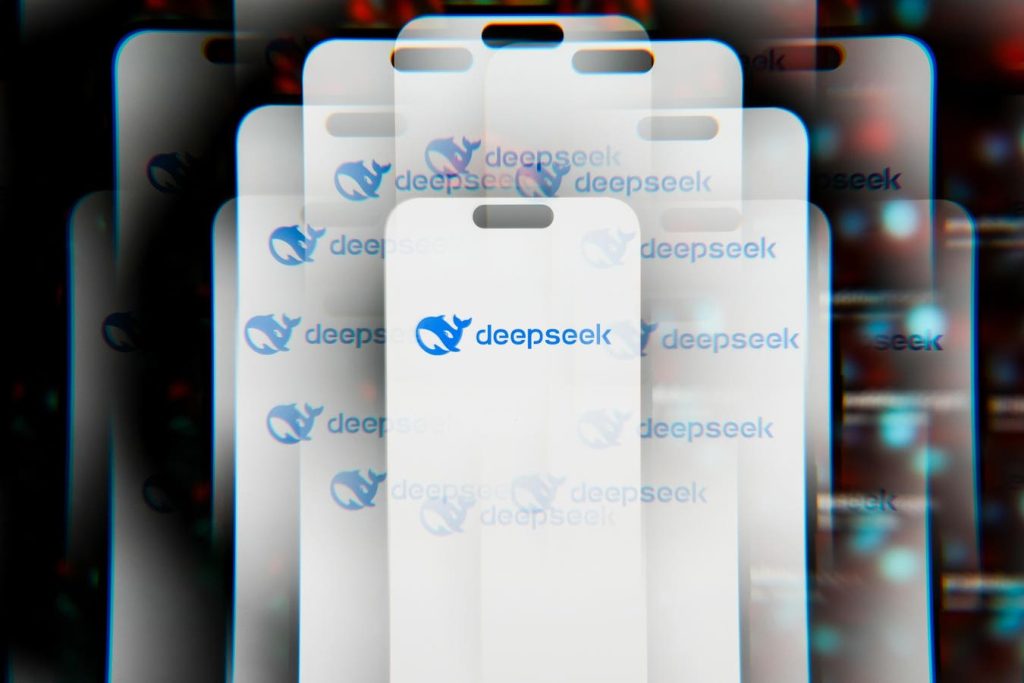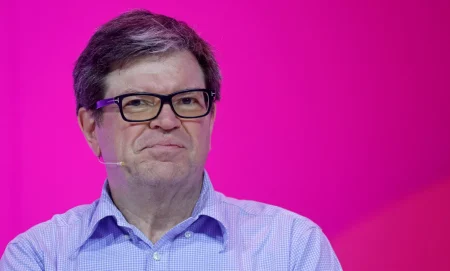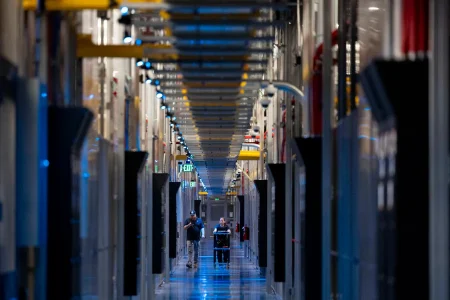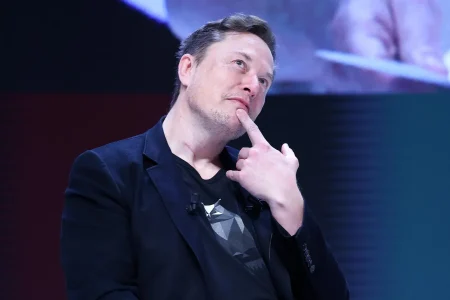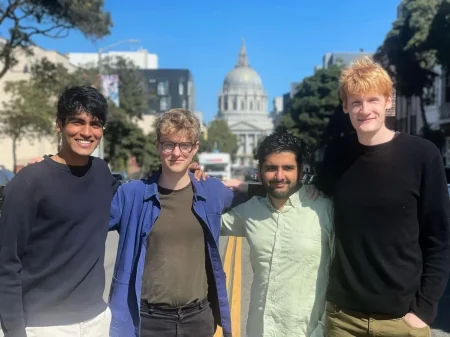DeepSeek’s Disruption Sparks Celebration Among Nvidia’s AI Chip Rivals
The artificial intelligence landscape experienced a seismic shift with the emergence of Chinese AI startup DeepSeek, whose release of two open-source models sent shockwaves through Silicon Valley, wiping out hundreds of billions of dollars from the market capitalization of established AI chip giants like Nvidia. While this might seem like cause for alarm, a surprising reaction emerged from Nvidia’s competitors: celebration. Instead of panic, a wave of optimism swept through the ranks of AI chip startups, viewing DeepSeek’s achievements not as a threat, but as an opportunity.
DeepSeek’s open-source models, comparable in performance to top American offerings, challenged the prevailing notion that larger budgets and more chips automatically translate to superior AI. These models, significantly cheaper to train and operate, ignited a spark of hope for companies like Cerebras, SambaNova, Groq, and Etched, who saw the potential for an explosion in AI usage. Andrew Feldman, CEO of Cerebras, expressed this sentiment, stating that "each time we made compute more performant and made it lower cost, the market got bigger, not smaller." The lowered barrier to entry promised by DeepSeek’s efficient models signaled a potential democratization of AI, expanding the market beyond the grasp of resource-rich behemoths.
The key lies in the distinction between AI training and inference. Training involves feeding massive datasets into an AI model to teach it, while inference is the process of using the trained model to perform tasks, such as generating text or solving problems. Nvidia’s dominance has primarily been in the training arena, leaving room for startups to specialize in efficient inference solutions. DeepSeek’s models, optimized for inference, highlighted the increasing importance of this aspect of AI, playing directly into the strengths of companies like Cerebras, whose chips are designed specifically for efficient inference.
DeepSeek’s claims of training its V3 model for a fraction of the cost of OpenAI’s GPT-4, while disputed, resonated powerfully. Even if the actual cost was higher than reported, the significantly lower figure compared to industry norms sparked a reassessment of cost-effectiveness in AI development. Furthermore, DeepSeek’s open-sourcing of the R1 reasoning model, a free alternative to OpenAI’s paid offering, emphasized the potential for cost savings in AI usage, further bolstering the argument for inference-focused solutions. This combination of cheaper training and more accessible inference paved the way for a wider adoption of AI across various industries.
The startups see DeepSeek’s approach as a validation of their own focus on inference and a potential catalyst for disrupting Nvidia’s dominance. They interpret Nvidia’s stock drop not as a sign of their own demise, but as a correction based on the market’s realization of Nvidia’s heavy reliance on the training side of AI, which DeepSeek successfully challenged. While acknowledging Nvidia’s formidable presence and CEO Jensen Huang’s strategic prowess, these startups believe that the shift toward more accessible and cost-effective AI opens a window of opportunity for their specialized inference solutions.
DeepSeek’s success has implications beyond technical advancements. It serves as inspiration for underdogs in the AI chip industry, demonstrating that innovation and efficiency can challenge established giants. The rapid optimization showcased by DeepSeek sets a new benchmark, pushing the entire industry towards bigger and better AI models. The democratization of AI, driven by lower costs and increased accessibility, promises a future where AI is no longer the exclusive domain of a select few, but a powerful tool available to a much broader range of users and industries.
The competitive landscape in the AI chip industry is undeniably complex and dynamic. While Nvidia maintains a significant market share, DeepSeek’s disruptive entrance has empowered its competitors, reinvigorating their pursuit of innovative solutions. The focus on inference optimization, driven by DeepSeek’s demonstration of its potential, sets the stage for a new era of AI, where efficiency and accessibility become paramount, driving wider adoption and unlocking unprecedented opportunities across various sectors. This emerging paradigm shift presents a significant challenge to established giants while simultaneously empowering smaller players to contribute meaningfully to the evolving landscape of artificial intelligence.





